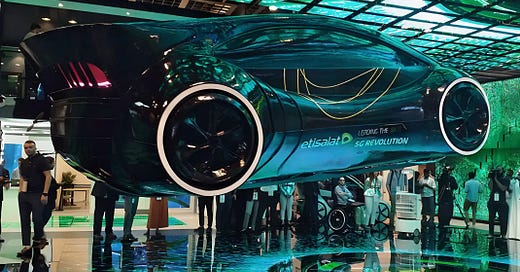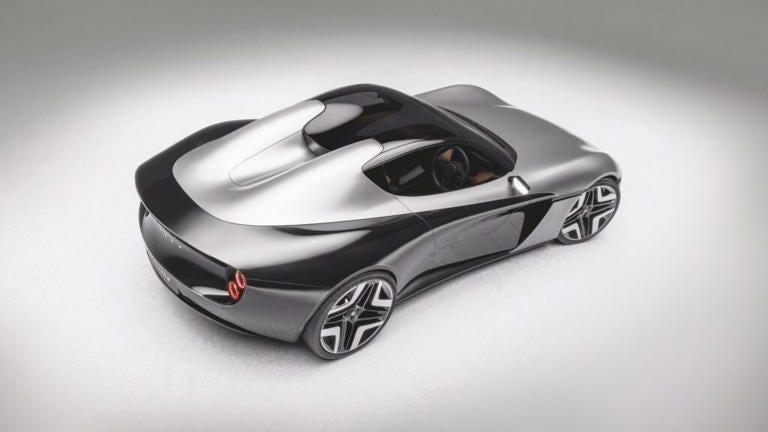When it comes to the automotive industry, American cars have long held a unique position in the global market. Despite fierce competition from European and Asian manufacturers, American automakers continue to lead in several key areas. From innovation and performance to cultural influence and adaptability, the "flying factor" of American cars keeps them soaring above the rest.
One of the most significant reasons for the enduring dominance of American cars is their relentless focus on innovation. U.S. automakers have consistently pushed the boundaries of technology, from the introduction of the assembly line by Henry Ford to the development of electric vehicles (EVs) by companies like Tesla. American brands have been at the forefront of integrating advanced features such as autonomous driving, connected car technologies, and cutting-edge safety systems. This commitment to innovation ensures that American cars remain relevant and desirable in an ever-evolving market.
Performance is another area where American cars excel. The iconic muscle cars of the 1960s and 1970s, such as the Ford Mustang and Chevrolet Camaro, set the standard for power and speed. Today, American manufacturers continue to produce high-performance vehicles that cater to enthusiasts and everyday drivers alike. The roar of a V8 engine or the silent surge of an electric motor in a Tesla Model S exemplifies the performance-driven ethos that defines American automotive engineering.
Cultural influence also plays a pivotal role in the success of American cars. Hollywood has immortalized vehicles like the Ford Mustang, Dodge Charger, and Jeep Wrangler, embedding them in the collective consciousness as symbols of freedom, adventure, and power. This cultural resonance extends beyond the United States, making American cars aspirational products worldwide. The rugged appeal of a Ford F-150 or the sleek sophistication of a Cadillac Escalade transcends borders, reinforcing the global appeal of American automotive design.
Moreover, American automakers have demonstrated remarkable adaptability in responding to changing consumer preferences and environmental concerns. The shift toward sustainability has seen companies like General Motors and Ford invest heavily in electric and hybrid vehicles. The Ford F-150 Lightning, an all-electric version of America’s best-selling truck, is a testament to this adaptability. By aligning with global trends and consumer demands, American car manufacturers have ensured their continued relevance.
DePIN vs Cloud: Who Will Dominate the Future of Infrastructure?
The rapid evolution of technology has always been accompanied by shifts in how we manage and deploy infrastructure. From the early days of on-premises servers to the rise of cloud computing, the way we store, process, and access data has undergone significant transformations. Today, a new contender is emerging in the infrastructure landscape: Decentrali…
In conclusion, the "flying factor" of American cars lies in their ability to innovate, deliver unmatched performance, leverage cultural influence, and adapt to a rapidly changing world. These qualities have cemented their position as leaders in the automotive industry, proving that American cars are not just vehicles—they are symbols of progress and ingenuity.
Longbow's Electrifying Entrance: Two EVs Under $93K
The electric vehicle landscape is poised for a significant shake-up in 2026, with the arrival of two highly anticipated models codenamed "Longbow." While details remain shrouded in a veil of strategic secrecy, industry whispers and leaked information paint a compelling picture of innovation and ambition.
Portal Kaito Enterprise: Revolutionizing Business Operations
In today’s fast-paced digital landscape, businesses are constantly seeking innovative solutions to streamline operations, enhance productivity, and stay ahead of the competition. Portal Kaito Enterprise emerges as a cutting-edge platform designed to address these needs, offering a comprehensive suite of tools and features tailored for modern enterprises…







